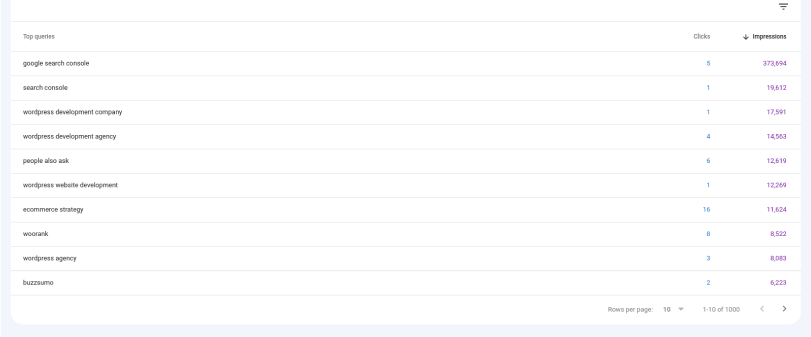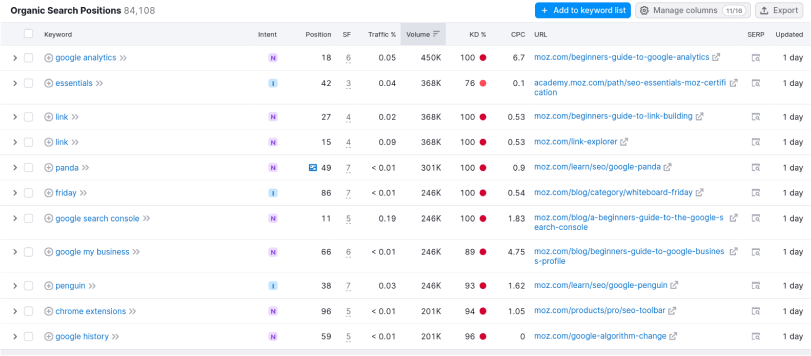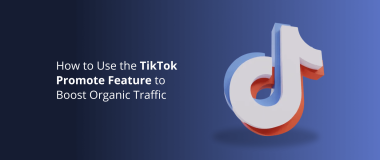Did you know that keywords have tails? Some are short, some are long… no, we are not talking about real tails, of course.
The tail is a metaphor for the length of the keyword, but what does this all mean? Stay tuned as we decipher short-tail keywords, when to use them, and how.
Readers Also Enjoy: How to Pick the Right Keywords for Your Content – DevriX
What Are Short Tail Keywords?
Short tail keywords, a.k.a., head terms, are very broad topics with a high search volume. These are the opposite of long tail keywords, which are quite specific, and often have a much lower search volume.
Examples of short-tail keywords are digital marketing, SEO, smartphone, and coffee. These terms are all general, and non-specific. The search intent behind them is unclear, and despite the huge search volume, they would be very hard to rank for, due to the big competition.
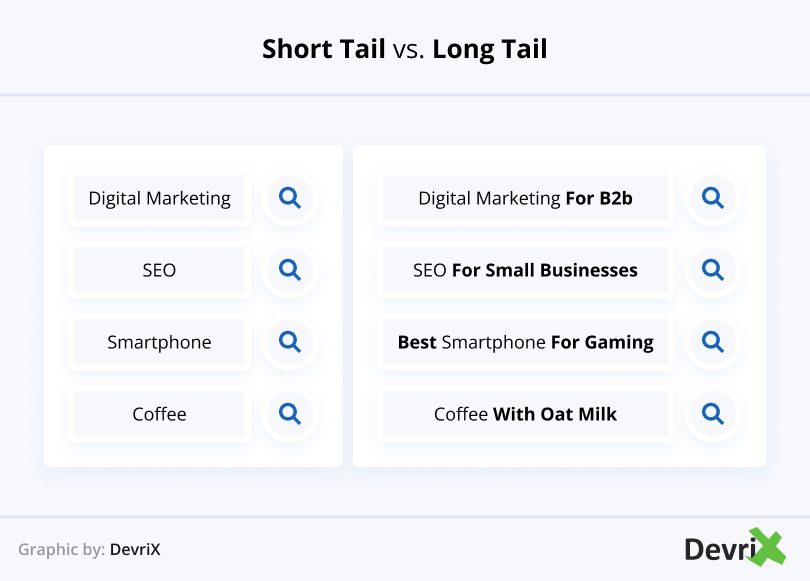
Long-tail keywords, on the other hand, would be terms like digital marketing for b2b, SEO for small businesses, best smartphone for gaming, and coffee with oat milk. Key phrases like these are much more specific, and their search intent is clear. While their search volume is lower, they would be easier to rank for, compared to the short-tail versions.
Readers Also Enjoy: Keyword Mapping for SEO: The Ultimate Guide – DevriX
When Should You Use Short Tail Keywords?
As mentioned above, short keywords are extremely competitive, and broad. This means that they are not ideal for targeting specific audiences. A better application would be website categories, pillar topics, and essentially web pages where you want to attract wider audiences.
For instance, you might want to name a website category ‘digital marketing’, but it would be better to use a long tail keyword, such as ‘digital marketing for real estate’, or ‘digital marketing for local businesses’.
Readers Also Enjoy: 42.7% of People Use Ad Blockers: What Can Marketers Do? – DevriX
How to Properly Use Short Tail Keywords
The most important thing for every keyword, whether it is short or long, is that you use it naturally. Incorporating it so that it fits organically into the content is a must, as simply spamming a keyword for the sake of it will not likely bring any results.
Another good piece of advice is to include short keywords in the titles and meta descriptions of your pages. Furthermore, using short-tail keywords in your website’s URL structure can also help improve search engine rankings and make it easier for users to find your site.
Last but not least, do not forget to constantly monitor the performance of your keywords, and make adjustments if necessary.
Readers Also Enjoy: Homepage SEO: How to Optimize It for Success – DevriX
How to Find Short Tail Keywords
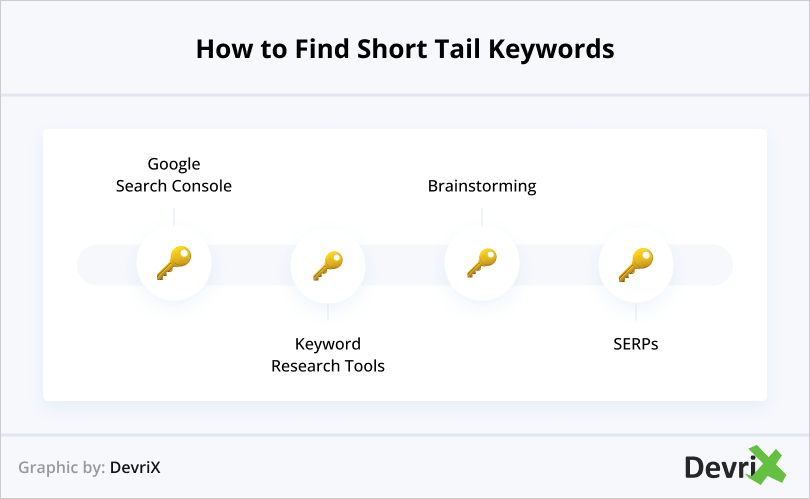
- Google Search Console
- Keyword Research Tools
- Brainstorming
- SERPs
1. Google Search Console
If you are not a new website, then you should already be ranking for a few terms. To see them, you need to check your Google Search Console – go to the Performance panel → Search Results, and sort the keywords by the number of impressions.
This will provide you with a list of keywords with a high search volume, your site ranks for. In this case, these are terms like ‘WordPress development company’, ‘WordPress development agency’, ‘ecommerce strategy’, etc.
Readers Also Enjoy: How Does Google Search Work? [Complete Tutorial] – DevriX
2. Keyword Research Tools
You can use keyword research tools like Uber Suggests, Semrush or Ahrefs to identify the keywords your competitors are already ranking for.
Let’s say you are using Semrush. Enter the domain of your competitor (we are using Moz as an example), and select Organic research. Sort the keywords by volume, and you get a list of short-tail keywords:
Readers Also Enjoy: 6 Infallible Ways to Research Your Competitors and Determine Their Strategies – DevriX
3. Brainstorming
Brainstorming what terms might attract users is another effective way to find short keywords. You can do this on your own, or you can ask your team to help.
Think about what terms would be appropriate for your business, and analyze your website to discover the most suitable keywords.
Readers Also Enjoy: 10 Elements of a Highly Effective On-Page SEO – DevriX
4. SERPs
Search Engine Results Pages (SERPs) can provide tons of valuable information you can use to your advantage. With this tactic, you can discover both short and long-tail keywords, as well as insights into the search intent, featured snippets, and so forth.
For example, you type ‘marketing’ in the Google search field. The Google autocomplete function will suggest other keywords like ‘marketing strategy’, ‘marketing agency’, ‘marketing research’, ‘digital marketing’, ‘affiliate marketing’, etc.
Readers Also Enjoy: What Is SERP Volatility and How to Deal With It? – DevriX
Why Are Short Tail Keywords Important?
Short keywords are hard to rank for and have a vague search intent, which is why you might be thinking that they are not that important.
However, in reality, their role is significant, since they serve as ‘seed’ keywords. Seed keywords are the foundation used to come up with thousands of other keyword suggestions.
Think of it as a game. You start with the word ‘sweater’, then you think of ‘Christmas sweater’, ‘Christmas sweater for men’, ‘ Funny Christmas sweater for men’, and so on.
Ultimately, you start with the shorter term ‘sweater’, and from there you can start thinking of what other terms contain sweater and are relevant to your product or brand.
Readers Also Enjoy: Organic Website Traffic: 11 Tips for Success + 7 Benefits – DevriX
Wrap Up
In the world of search engine optimization, keywords play a pivotal role in determining a website’s visibility and traffic. Short-tail keywords, which often consist of one or two words, are a fundamental aspect of SEO strategy.
They might not be suitable for every situation, but they play a vital role in the keyword research process. They can be extremely beneficial as seed keywords, helping you find the best phrases for your website.

